Oh yes, the past can hurt
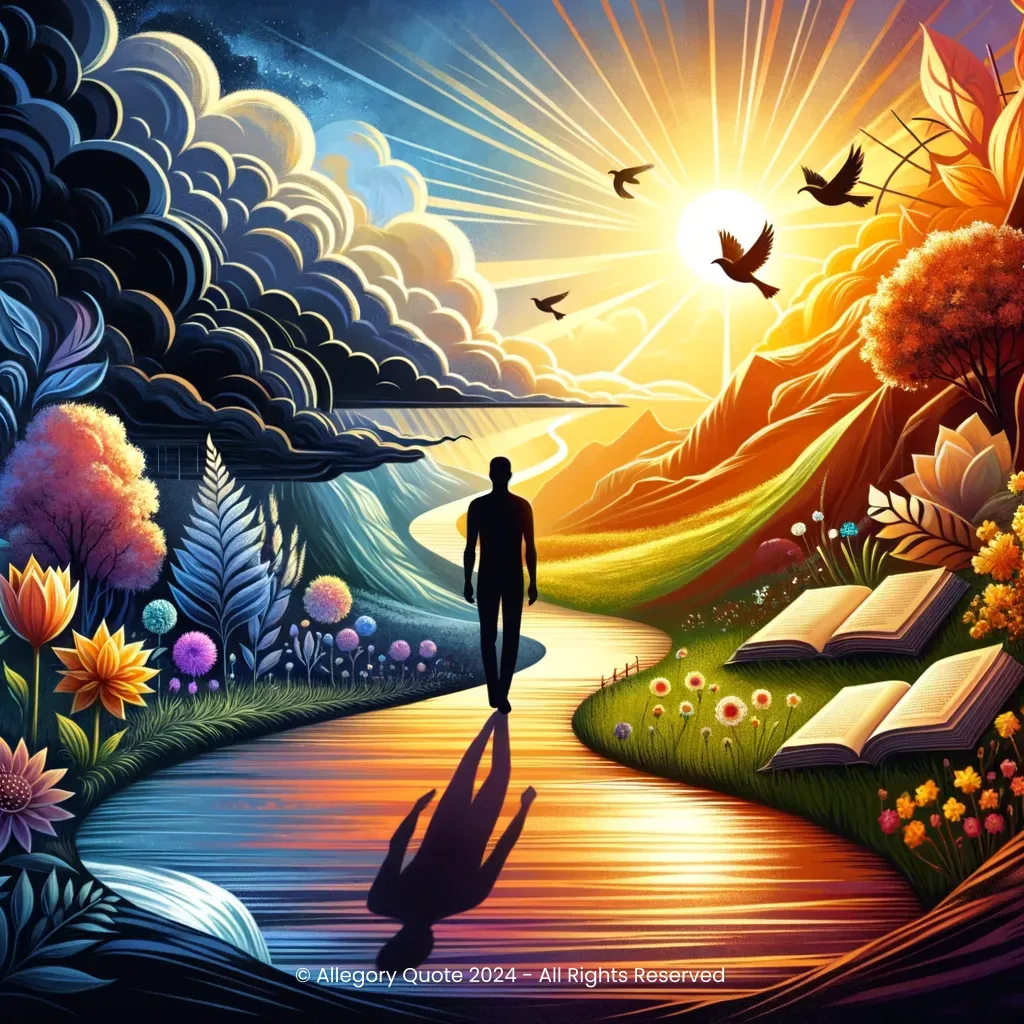
0
0
0
0
- Meaning
- The phrase reflects a profound understanding of human experience, indicating that the past can be a source of both pain and learning. Philosophically, it aligns with concepts of trauma and healing, acknowledging that unresolved past issues can influence our current behavior and emotions. Psychologically, it resonates with theories on the impact of childhood experiences on adult life. Historically, it speaks to the shared human experience of grappling with one's history—both personal and collective.
- Allegory
- The image elements reflect the duality of the past—dark clouds symbolize the pain and struggles faced, while vibrant colors and blooming flowers signify growth and healing. The winding path illustrates the journey of confronting one's past, and the open books symbolize the wisdom gained from personal experiences. The serene streams represent emotional flow and healing, offering a sense of balance and hope for the future.
- Applicability
- This phrase serves as a reminder that while the past may bring pain, it also offers valuable lessons. In daily life, individuals can recognize that to grow and move forward, it may be necessary to confront and understand their past instead of allowing it to dictate their actions or decisions. Engaging in reflection or counseling can help transform the pain into wisdom and resilience.
- Impact
- In culture, this phrase has contributed to discussions about emotional health and the importance of addressing mental challenges, inspiring individuals to confront their pasts as a means of healing. It has been quoted in psychological discussions and recovery literature, underscoring the ongoing relevance of processing personal histories.
- Historical Context
- The phrase gained popularity with the release of "The Lion King" in 1994, a time when themes of personal growth and self-acceptance were becoming more prevalent in popular media. The film's exploration of familial relationships and personal journeys provided a cultural backdrop conducive to discussing the impact of the past.
- Criticisms
- While many embrace the sentiment as a catalyst for healing, some criticisms arise regarding the risk of becoming overly fixated on past pain, potentially leading to unhealthy cycles of rumination. Skeptics argue that while recognizing past hurts is important, dwelling on them could impede growth and resilience.
- Variations
- Variations of this phrase exist across cultures, with some cultures emphasizing the need to honor the past as part of identity while others stress moving forward without extensive contemplation of past events. In some traditions, narratives of ancestors and their struggles serve as both a reminder of pain and a source of strength.
-

You have to try. You have to care.
-
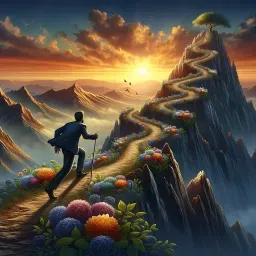
The only way to get what you want in this world is through hard work.
-
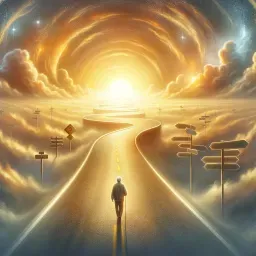
You’re gonna see it’s our destiny.
-

It’s not until you lose everything that you can truly appreciate everything.
-
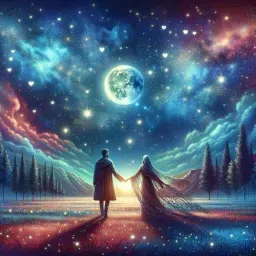
Take her to the moon for me.
-
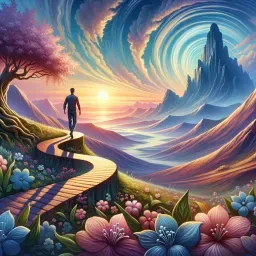
Every adventure requires a first step.
-

Venture outside your comfort zone. The rewards are worth it.
-

It’s all part of the experience.
-

I think it’s time for a new adventure.
-
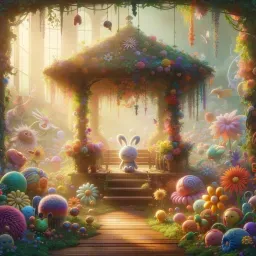
I’ve been hiding under your porch because I love you.
-

You are a toy!
No Comments